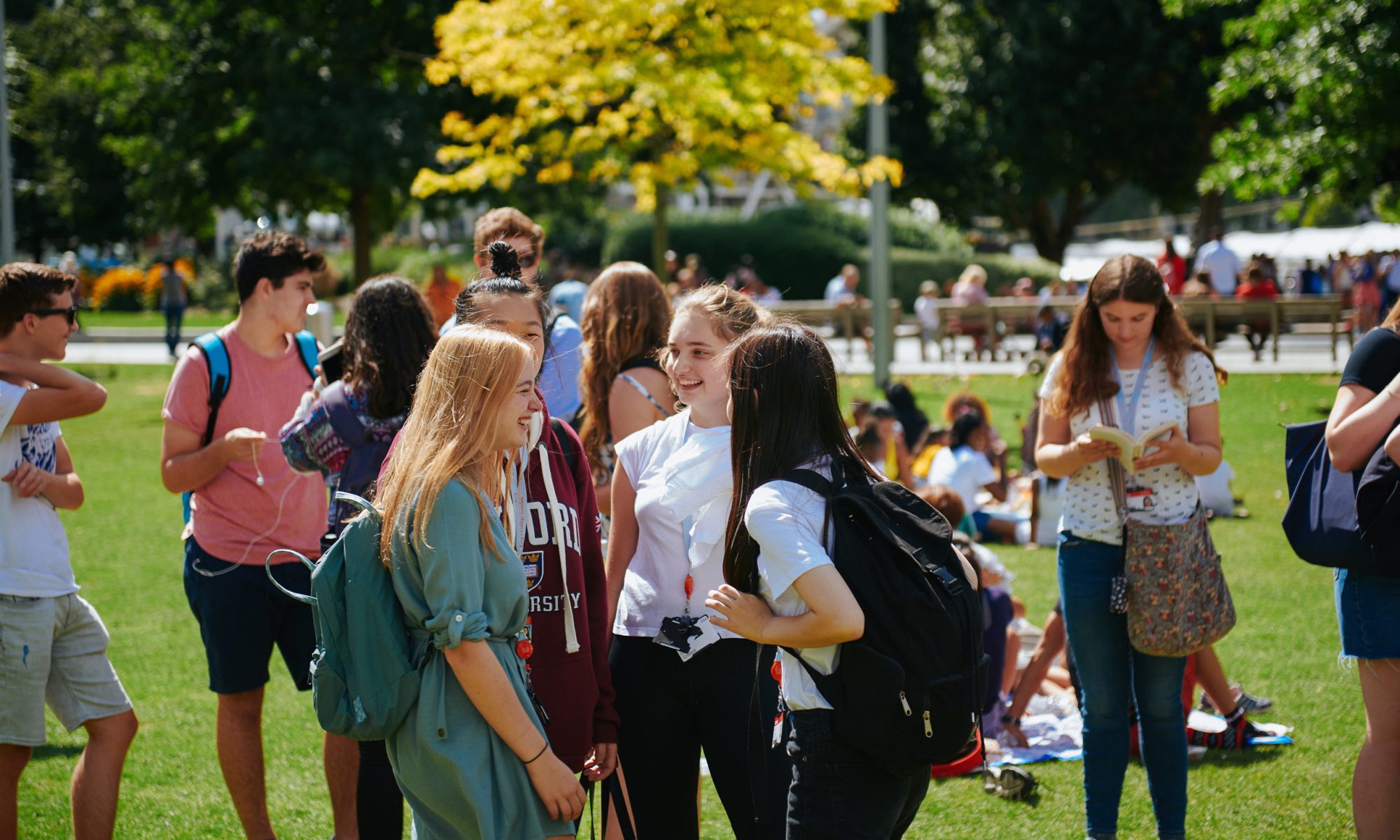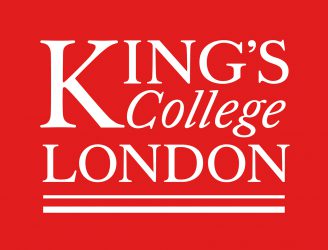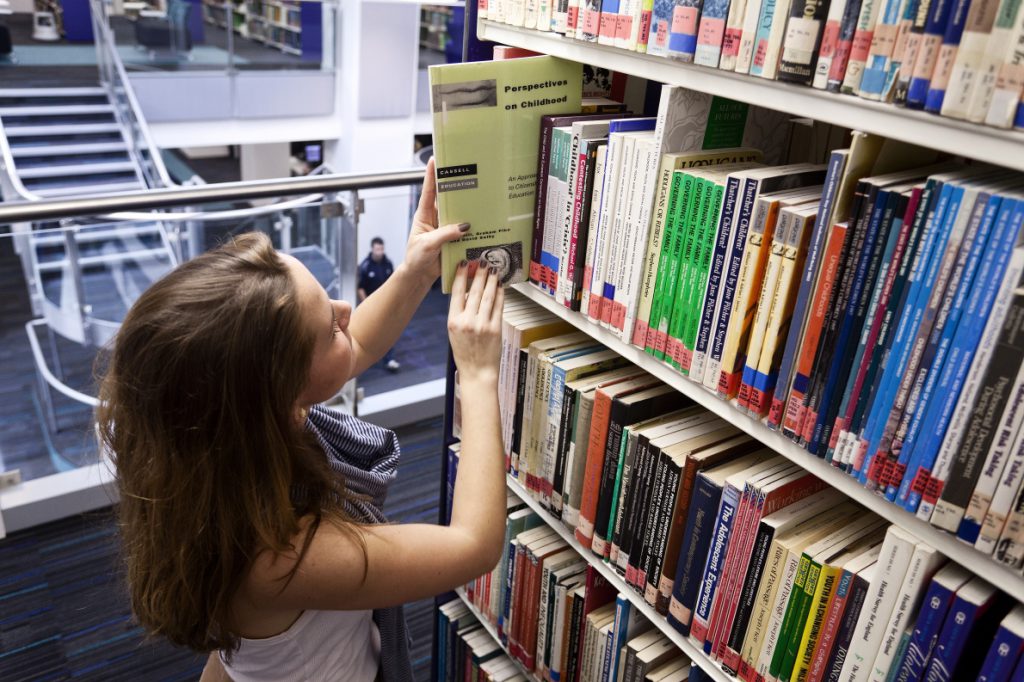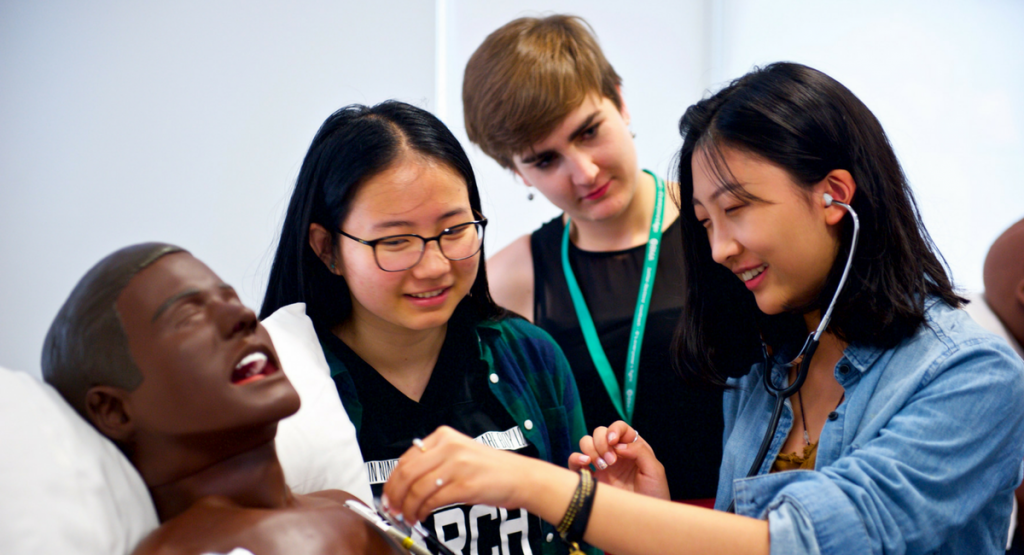In a month’s time, some of you will be en route to one of the most exciting cities in the world – London! For some of you this might be the first time in the UK and for others you might have visited the city already before. Whether you are joining us for the Pre-University Summer School or the Undergraduate Summer School, we hope you find the below information useful.
After you enrol on the Pre-University Summer School or the Undergraduate Summer School, you can download the King’s mobile app. This app will provide you with information about summer accommodation, social and sports activities, advice and tips on your stay in London, as well as FAQs.
For those students arriving to London by plane, there are several different options that you can choose from to get to King’s. In this blog post we’ve provided you with details on how to travel into the city from the main London airports using trains, coaches and the underground.
Getting around London can be confusing at times. The Transport for London (TfL) network is huge and is comprised of the London Underground (colloquially known as the ‘Tube’), buses, trains, river transport, trams and even a cable car. We found this light-hearted, useful guide to using the London Underground, which you might find helpful.
Most Londoners get what is known as an Oyster card as this is cheaper than buying single tickets for every journey. You can use this by topping it up with money and paying for journeys individually or, if you’re travelling around London regularly (i.e. you’re using public transport most days) then you can buy a weekly, monthly or annual travelcard and upload it to your Oyster card.
Oyster cards work on most forms of London transport, though fares are higher for riverboat services and the Emirates cable car. They should also work on local train services within the London area. Many people cycle in London, and you can now hire what the locals call ‘Boris Bikes’ for a small fee. You need to be careful if you cycle in London that you take safety precautions and ensure that your bicycle is secure.
Classes for the summer school are either the morning or afternoon, leaving you with free evenings and weekends to take part in our exciting social and sports programme or explore the city on your own.
There is a whole host of things to see, do and eat whilst in London. Tune in to our Facebook, Twitter and Instagram each week for tips on where to get the best coffee in the city, free places to visit in the city and where to grab a cheap eat around London.
For more pre-arrival information for the Pre-University Summer School click here, and for more pre-arrival information for the Undergraduate Summer School click here .






